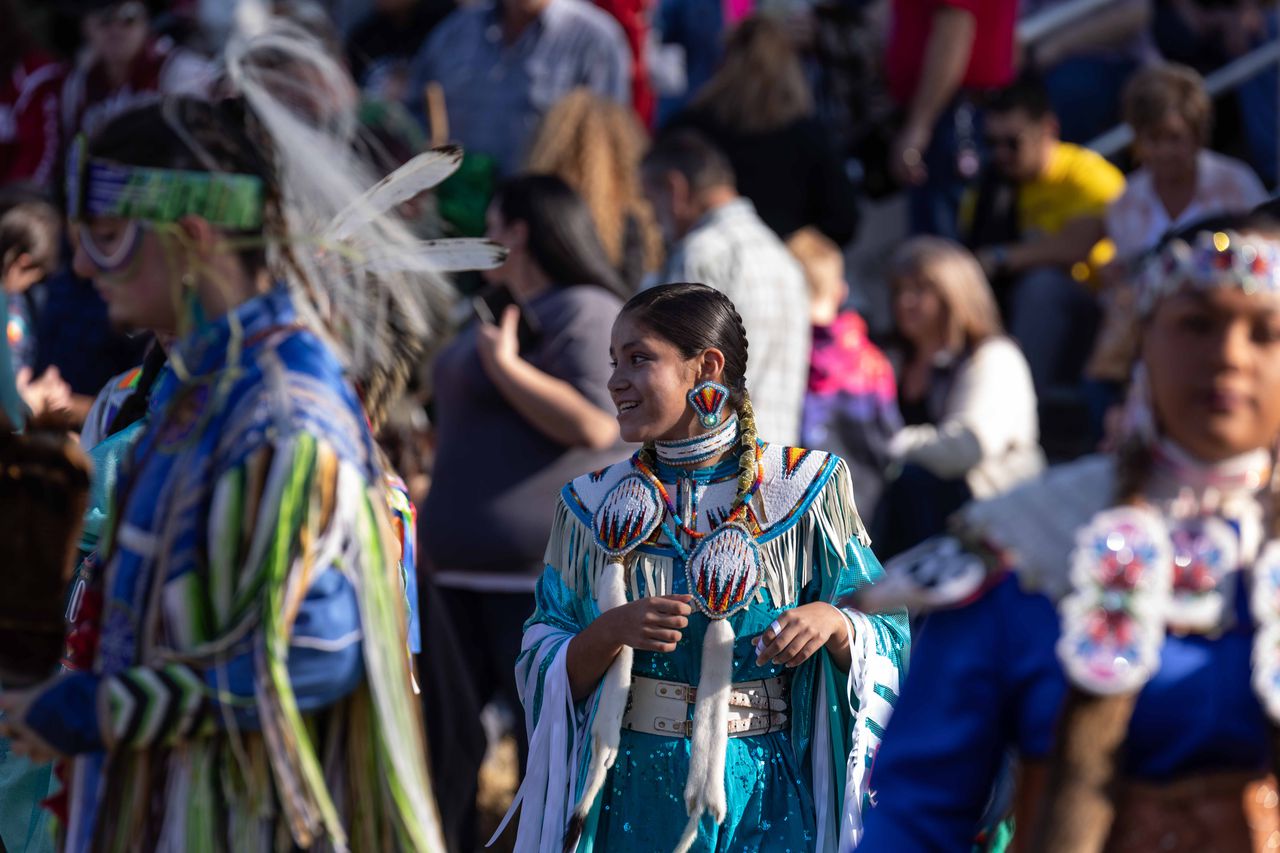Jean Lufkin Bouler: Almost a perfect justice
This is an opinion column
As the nation celebrates Native American Heritage month in November, we can ponder how an early drama played out in our new country could have changed history.
In 1789, George Washington was the newly elected president, and Alexander McGillivray was the most powerful chief of the Creek nation. Both men faced uncertainty. McGillivray had been on the losing side of the Revolutionary War, backing the British. He confronted the destruction of his people and their country by colonists. Washington’s challenge was to make the new nation a political reality. He sought an honorable Native American policy and made their rights a top priority, in large part at the urging of his trusted advisor, Henry Knox who became Washington’s moral conscience on the issue. McGillivray was the cornerstone of their efforts.
McGillivray was a well-educated leader. His father was a Scottish tradesman who sent McGillivray to school in Charleston where he lived with a relative.
As tensions with the Creeks escalated, Georgia congressmen urged Washington to declare war. Instead, he sent Colonel Marinus Willett to territory that would become Alabama to escort McGillivray and 25 tribesmen by horseback and wagons along the 1,000-mile journey to then capital New York City, then the nation’s capital.
The entourage was impressive. Colonists gawked at the Creeks, dressed in splendid attire as they passed by villages. And along the way, they were feted in town after town by important government officials. At Fredericksburg they were entertained at the theatre and a dinner. In Philadelphia bells were rung and a federal salute was fired.
Gray’s Ferry took them from Elizabeth-town Point to New York City. Newspapers had announced when the warriors would arrive, and they were greeted as though they were royalty. The St. Tammany Society led them through streets crowded with spectators as others peered from windows. Congressmen on the balcony at Federal Hall saluted them.
Knox welcomed the Creeks at his home before proceeding to Washington’s. New York Governor DeWitt Clinton escorted them to the City Tavern where they would lodge. Toasts marked the great event.
“May it be the glory of the American empire to exhibit the most perfect justice towards its Indian allies,” proclaimed one.
After three weeks of intense negotiating, a signing ceremony at Federal Hall featured a large crowd. McGillivray was dressed in a blue and red military uniform while the chiefs wore their most beautiful regalia. It was a grand affair attended by Martha Washington and two grandchildren as well as Vice President John Adams and his wife, Abagail.
Highlights of the treaty included provisions that the Creeks would regain part of disputed land that had prized hunting grounds, Georgia would get some land they had claimed and settled but would pay the Creeks $1,500 annually as compensation. The United States would help the Creek Nation achieve a greater degree of civilization, and to become herdsmen and cultivators, instead of remaining as hunters.
If only the treaty had been upheld. But colonists swarmed onto Creek lands and the Native Americans were later forced out by the Trail of Tears. The Poarch Band of Creek Indians was eventually able to establish a reservation near Atmore in south Alabama.
I grew up in Atmore. My father, Mariott Lufkin, lamented that the Creeks were not allowed to attend public schools when he was a student. The tribe’s trek to casino world was a long one.
They hold a Thanksgiving Pow Wow on November 23-24 and welcome visitors. The event showcases crafts and goods, as well as festival foods.
The history of the Poarch Creeks will be marked by a heritage they treasure. The outcome sought by McGillivray and Washington would have made American history much different.
Jean Lufkin Bouler the author of The Most Perfect Justice – Alexander McGillivray and George Washington Strive to Save the Creek Nation. She is a former education reporter for The Birmingham News.
